The UN climate chief, Simon Stiell, has acknowledged that the world is not winning the fight against the climate crisis, despite a fragile deal reached at the Cop30 summit in Belém, Brazil. The agreement, which was bitterly contested by some countries, failed to bring an end to the fossil fuel age and underdelivered on a flagship hope to chart an end to deforestation in the Amazon.
Stiell described the talks as taking place in "stormy political waters," but noted that multilateralism held strong, preventing a collapse of the negotiations. The Cop30 president, André Corrêa do Lago, and his team worked tirelessly to broker a deal, which was eventually reached after days of intense negotiations.
The summit was marked by opposition from countries such as Saudi Arabia, which resisted efforts to phase out fossil fuels. Despite this, the talks did not collapse, and the agreement was seen as a significant achievement in a fractious era of nationalism, war, and distrust. "We knew this Cop would take place in stormy political waters," Stiell said, "but we also knew that multilateralism is alive and kicking."
The Cop30 deal was seen as a crucial step towards addressing the climate crisis, which has been exacerbated by rising global temperatures and devastating natural disasters. The agreement includes commitments from countries to reduce greenhouse gas emissions and transition to renewable energy sources, but its effectiveness will depend on the level of implementation and cooperation among nations.
The summit was held in the Amazon, a region that is critical to global efforts to combat climate change. The Amazon rainforest is a major carbon sink, and its preservation is essential to mitigating the effects of climate change. However, the region has been facing increasing threats from deforestation and land degradation, which were not adequately addressed in the Cop30 deal.
The outcome of the Cop30 summit was seen as a mixed bag by environmental groups and experts. While the agreement was seen as a significant achievement, it was also criticized for its lack of ambition and failure to address key issues such as deforestation and fossil fuel use. "The deal is a step in the right direction, but it is not enough," said a spokesperson for the environmental group, Greenpeace. "We need to see more ambition and action from countries to address the climate crisis."
The Cop30 deal will now be taken to the UN General Assembly for approval, where it will face further scrutiny and debate. The agreement will also be subject to review and evaluation by the UN climate chief and other international bodies. As the world continues to grapple with the climate crisis, the outcome of the Cop30 summit serves as a reminder of the challenges and opportunities that lie ahead.






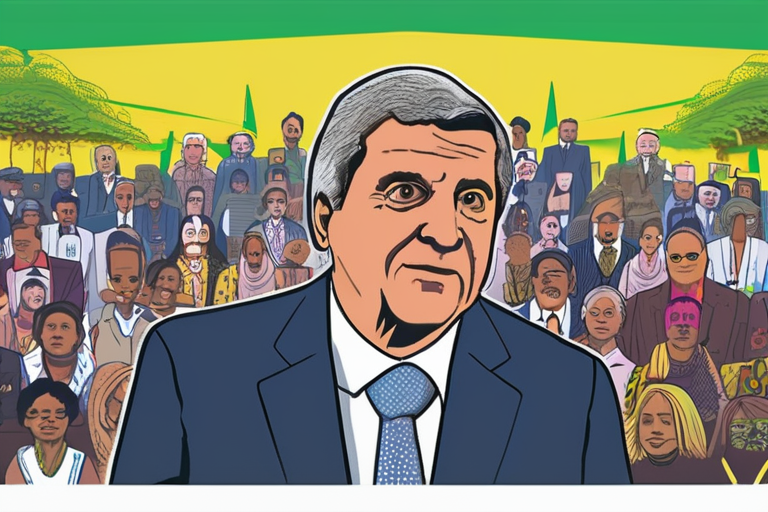




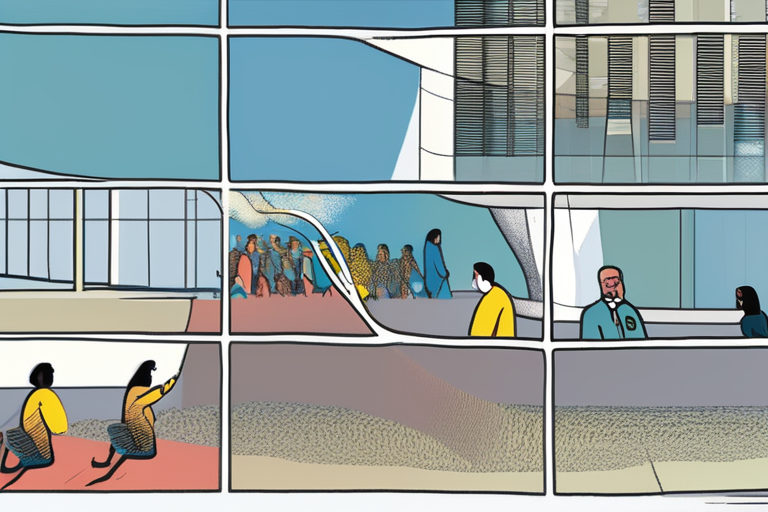




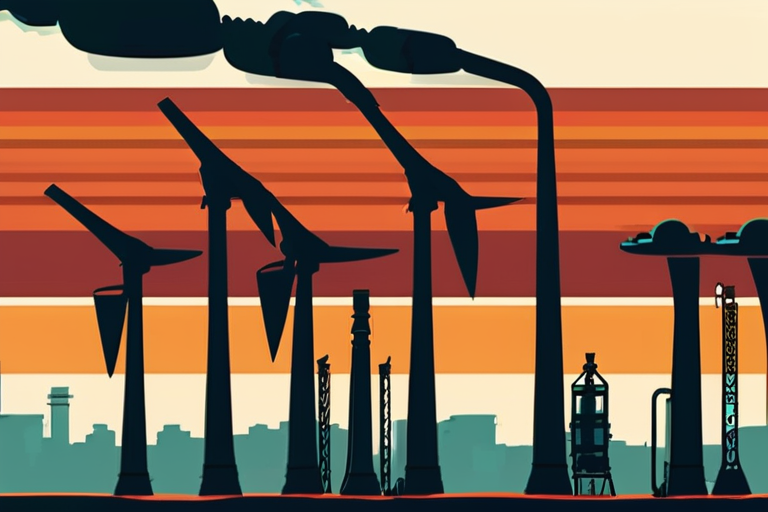

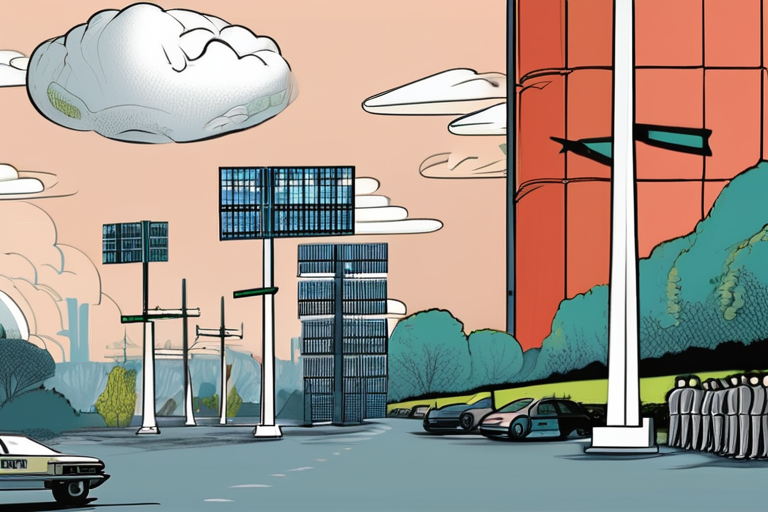




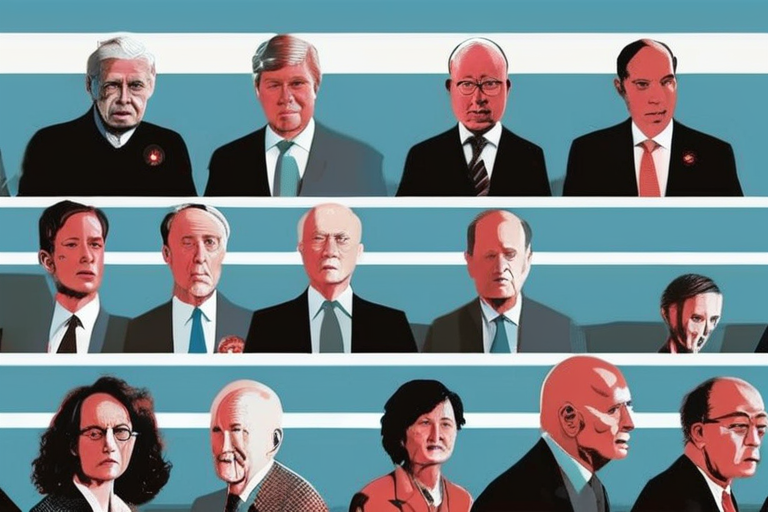

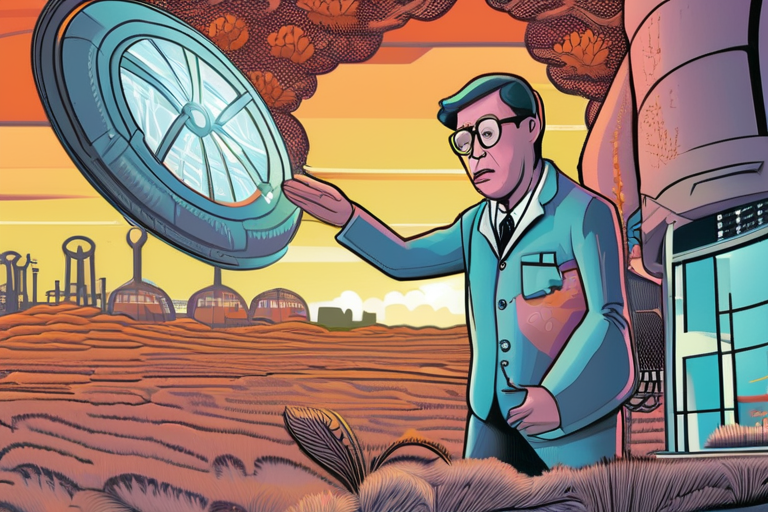

Share & Engage Share
Share this article